November 4 stands as one of history’s most eventful days, witnessing the rise and fall of empires, groundbreaking discoveries, and moments that shaped our modern world across centuries of human achievement.
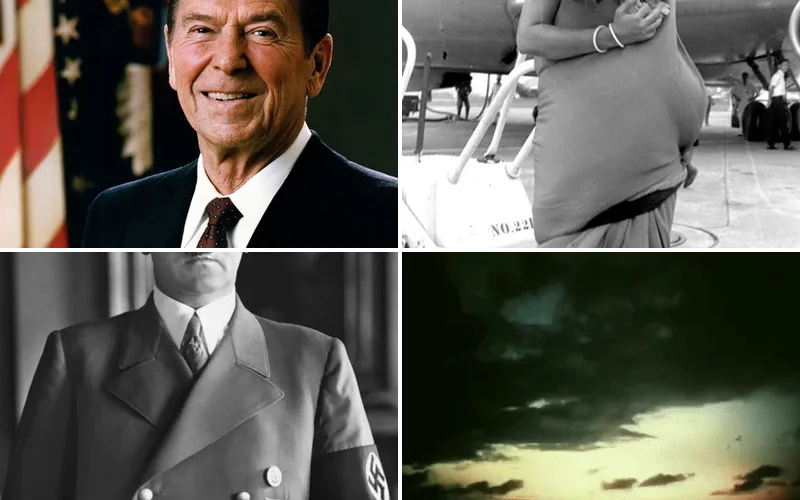
Politics and Government Events on November 4
1980 – Ronald Reagan Elected 40th President
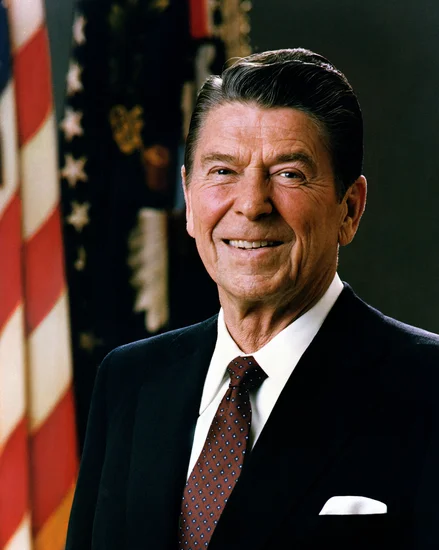
Ronald Reagan achieved a decisive victory over incumbent Jimmy Carter in the U.S. presidential election. The former California governor’s conservative platform resonated with American voters seeking change.
Reagan’s landslide victory marked a significant shift toward conservative politics in America. His election would reshape both domestic policy and international relations for the following decade.
2008 – Barack Obama Elected President

Barack Obama made history by becoming the first person of biracial or African-American descent elected as President of the United States. His victory represented a watershed moment in American civil rights progress.
Obama’s campaign mobilized unprecedented grassroots support and youth engagement. His election symbolized America’s evolving relationship with race and opportunity in the 21st century.
1979 – Iran Hostage Crisis Begins
Iranian college students stormed the U.S. embassy in Tehran, taking 90 American hostages. The crisis would dominate international headlines and reshape Middle Eastern geopolitics.
The hostage situation lasted 444 days and contributed to President Carter’s electoral defeat. This event marked a turning point in U.S.-Iran relations that continues to influence regional dynamics.
1956 – Soviet Invasion of Hungary
Soviet tanks rolled into Hungary to crush the Hungarian Revolution that had begun on October 23. Thousands of Hungarians were killed as Soviet forces restored communist control.
Nearly 250,000 Hungarians fled their homeland following the brutal suppression. The invasion demonstrated the limits of Western support for Eastern European liberation movements during the Cold War.
1924 – First Female Governor Elected
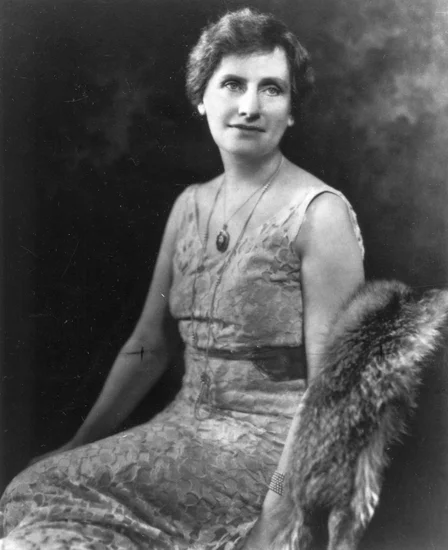
Nellie Tayloe Ross of Wyoming became the first woman elected as governor in United States history. Her victory broke significant barriers for women in American politics.
Ross’s election came just four years after women gained the right to vote nationally. Her pioneering achievement opened doors for future generations of female political leaders.
1952 – National Security Agency Established
The United States government created the National Security Agency during the Cold War era. The NSA would become America’s premier signals intelligence organization.
This secretive agency was tasked with intercepting and analyzing foreign communications. The NSA’s establishment reflected growing concerns about national security in the nuclear age.
1970 – Salvador Allende Takes Office

Salvador Allende assumed the presidency of Chile as the first Marxist to gain power through democratic elections in Latin America. His socialist agenda sparked intense international interest.
Allende’s presidency represented a unique experiment in democratic socialism. His government would face significant opposition from both domestic and international forces.
2023 – Chinese Democracy Activist Arrested
Chinese authorities arrested cyber-dissident He Depu for signing a pro-democracy letter to the Communist Party Congress. The arrest highlighted ongoing tensions over political freedom in China.
He Depu’s detention demonstrated the government’s continued crackdown on democratic activism. His case reflected broader struggles for civil liberties in authoritarian systems.
Military and Naval History on November 4
1918 – Armistice of Villa Giusti Implemented
The armistice between Italy and Austria-Hungary officially took effect, ending hostilities on the Italian front. This agreement preceded the general armistice that would end World War I.
Austrian forces began withdrawing from occupied Italian territories following the cease-fire. The armistice marked Italy’s successful completion of its irredentist goals in the Great War.
1942 – Rommel Retreats from El Alamein
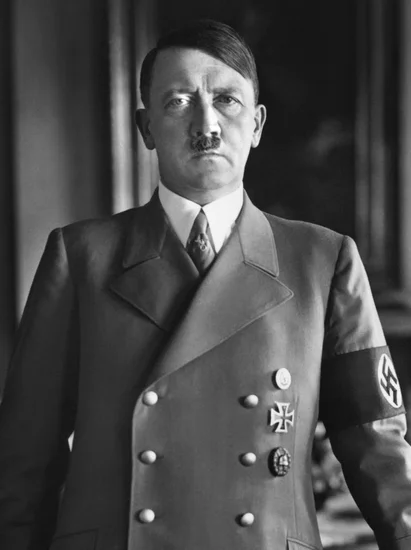
General Field Marshal Erwin Rommel defied Adolf Hitler’s direct orders by beginning a strategic retreat after the devastating Second Battle of El Alamein. His Afrika Korps had suffered catastrophic losses.
Rommel’s five-month retreat would ultimately end German hopes in North Africa. This decisive action marked the beginning of the end for Axis forces in the Mediterranean theater.
1944 – Operation Pheasant Concludes
Allied forces successfully completed Operation Pheasant, liberating North Brabant in the Netherlands from German occupation. The operation demonstrated improved Allied coordination and tactics.
The liberation of North Brabant brought freedom to thousands of Dutch civilians. This victory contributed to the systematic rollback of German forces across Western Europe.
1944 – Bitola Liberated
The 7th Macedonian Liberation Brigade liberated the city of Bitola from Axis occupation forces. This victory represented a significant milestone in the Yugoslav partisan resistance movement.
Bitola’s liberation strengthened partisan control over strategic territory in Macedonia. The success demonstrated the growing effectiveness of Tito’s communist-led resistance forces.
1939 – Neutrality Act Implementation
President Franklin D. Roosevelt ordered the U.S. Customs Service to implement the Neutrality Act of 1939. The legislation allowed belligerent nations to purchase American weapons through cash-and-carry arrangements.
This policy modification represented a crucial step away from strict neutrality. The act enabled Britain and France to access American military supplies while maintaining legal neutrality.
1970 – Vietnam Air Base Transfer
The United States transferred control of the Bình Thủy air base in the Mekong Delta to South Vietnamese forces. This handover was part of the broader Vietnamization strategy.
The transfer reflected American efforts to reduce direct military involvement in Vietnam. South Vietnamese forces assumed responsibility for defending this strategic aviation facility.
Science and Discovery Milestones on November 4
1922 – Tutankhamun’s Tomb Discovered
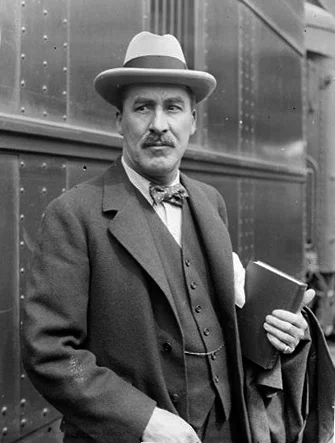
British archaeologist Howard Carter and his team discovered the entrance to Tutankhamun’s tomb in Egypt’s Valley of the Kings. This find would become the most significant archaeological discovery of the 20th century.
The tomb contained unprecedented treasures that revolutionized understanding of ancient Egyptian civilization. Carter’s meticulous excavation methods set new standards for archaeological practice worldwide.
1960 – Jane Goodall Observes Tool Use
Dr. Jane Goodall made the groundbreaking observation of chimpanzees creating and using tools at the Kasakela Chimpanzee Community in Tanzania. This discovery challenged fundamental assumptions about human uniqueness.
Goodall’s observation forced scientists to redefine what separates humans from other animals. Her work revolutionized primatology and our understanding of animal intelligence and behavior.
1962 – Operation Fishbowl Concludes
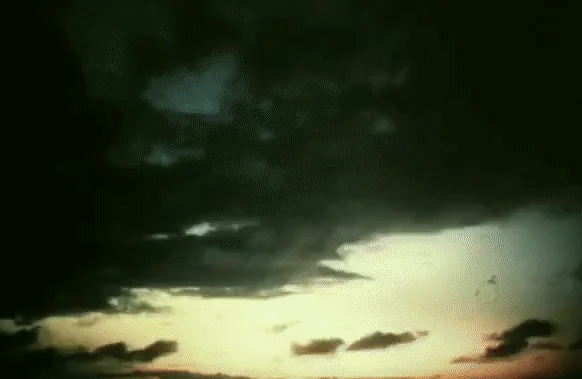
The United States completed Operation Fishbowl, its final series of above-ground nuclear weapons tests. These high-altitude detonations provided crucial data about nuclear effects in space.
The operation’s conclusion came in anticipation of the 1963 Partial Nuclear Test Ban Treaty. These tests marked the end of an era in nuclear weapons development and atmospheric testing.
Cultural and Arts Events on November 4
1966 – Great Florence Flood
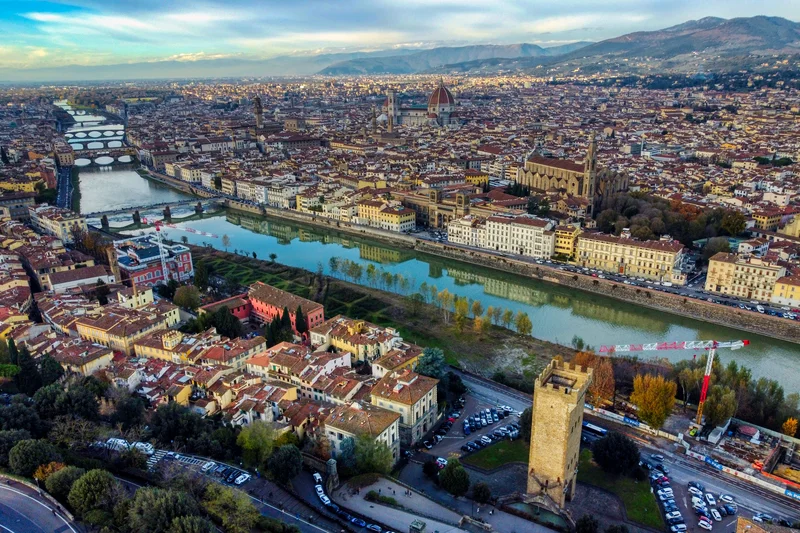
The Arno River flooded Florence, Italy, reaching depths of 22 feet and destroying millions of priceless artworks and rare manuscripts. Venice simultaneously experienced record flooding of 76 inches.
The disaster prompted an international rescue effort to save damaged cultural treasures. Volunteers from around the world, known as “mud angels,” worked tirelessly to preserve Renaissance masterpieces.
1921 – Nazi Sturmabteilung Renamed
The Nazi Party’s Saalschutz Abteilung was renamed the Sturmabteilung following violent riots in Munich. This paramilitary organization would become instrumental in Nazi Germany’s rise to power.
The SA’s formation marked a significant escalation in Nazi street violence and intimidation tactics. This reorganization reflected the party’s growing emphasis on militant political action.
Religious and Social Events on November 4
1936 – Spanish Civil War Government Reshuffle
Prime Minister Largo Caballero successfully persuaded the anarcho-syndicalist CNT to join the Spanish Republican government. This coalition represented a crucial moment in leftist unity.
The CNT’s participation brought anarchist militias under government coordination for the first time. This political alliance strengthened Republican resistance against Franco’s nationalist forces.
1973 – Netherlands Car-Free Sunday
The Netherlands implemented its first car-free Sunday in response to the 1973 oil crisis. Dutch highways became the exclusive domain of cyclists and roller skaters.
This innovative response to energy shortages demonstrated creative adaptation to international crisis. The car-free day highlighted both vulnerability to oil dependence and community resilience.
Business and Economic Events on November 4
1962 – Nuclear Test Ban Preparations
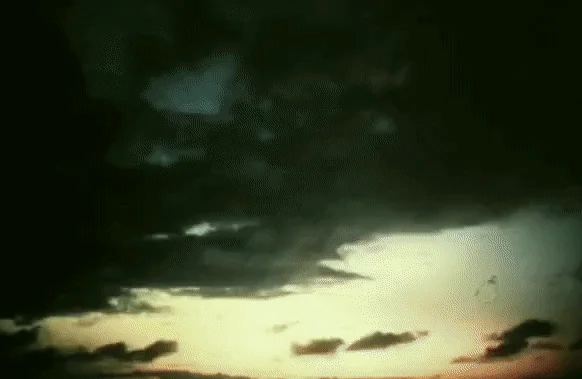
The United States concluded Operation Fishbowl, ending above-ground nuclear testing in preparation for international arms control agreements. This decision reflected changing attitudes toward nuclear proliferation.
The testing moratorium demonstrated American commitment to negotiating meaningful arms control treaties. Economic considerations also influenced the decision to end expensive atmospheric testing programs.
1979 – Oil Crisis Impact
The Iran hostage crisis immediately triggered concerns about global oil supplies and energy security. International markets reacted with volatility to Middle Eastern political instability.
The crisis highlighted Western dependence on Middle Eastern energy resources. Economic uncertainty contributed to inflation and recession in developed nations.
Transportation and Infrastructure on November 4
1993 – Hong Kong Airport Incident
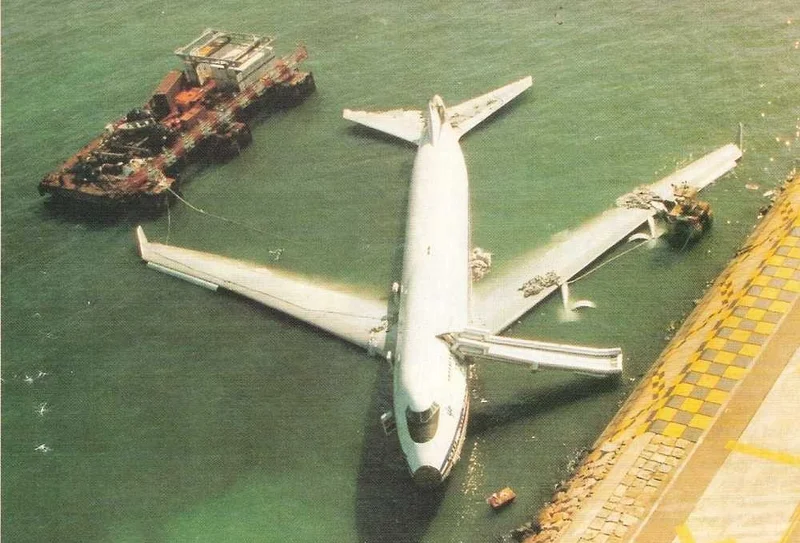
China Airlines Flight 605, a brand-new Boeing 747-400, overran the runway at Hong Kong’s Kai Tak Airport. The incident highlighted challenges at one of the world’s most difficult airports.
All passengers and crew survived the runway excursion at the notoriously challenging airport. The incident contributed to discussions about replacing Kai Tak with a new facility.
2010 – Qantas Engine Failure
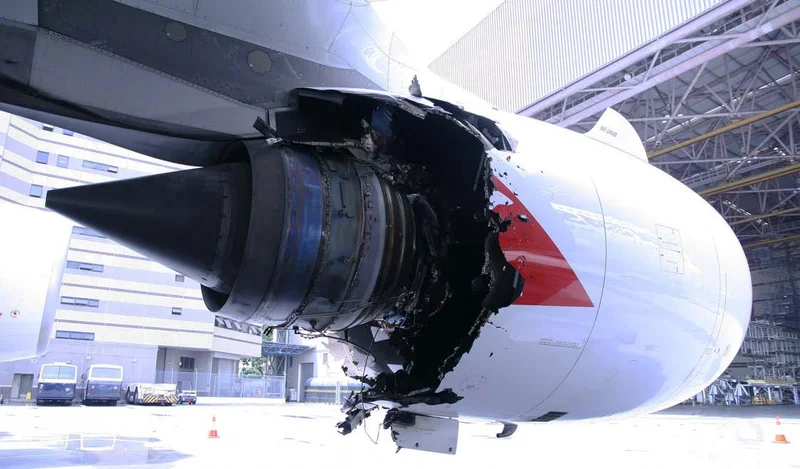
Qantas Flight 32, an Airbus A380, suffered an uncontained engine failure over Indonesia shortly after takeoff from Singapore. The skilled crew managed to safely return to Singapore despite severe aircraft damage.
All 469 passengers and crew survived the emergency landing. The incident demonstrated both the A380’s redundant safety systems and the importance of experienced flight crews.
2015 – South Sudan Cargo Crash

A cargo plane crashed shortly after takeoff from Juba International Airport in South Sudan, killing at least 37 people. The accident highlighted ongoing aviation safety challenges in the region.
The crash occurred during South Sudan’s civil war, complicating rescue and investigation efforts. Poor infrastructure and maintenance contributed to the tragic accident.
Sports and Recreation on November 4
1967 – Iberia Flight 062 Crash
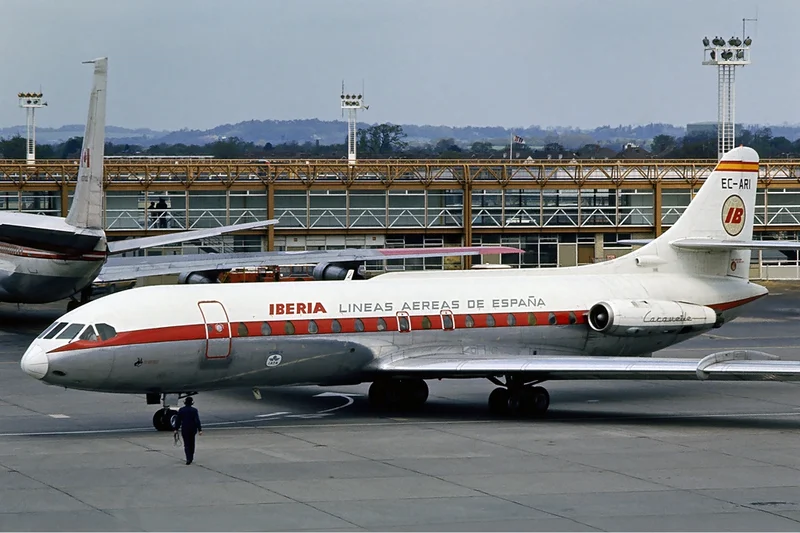
Iberia Flight 062 crashed in Blackdown, West Sussex, killing all 37 people aboard including British actress June Thorburn. The accident shocked the entertainment community.
The crash investigation revealed contributing factors related to weather and navigation errors. Thorburn’s death particularly saddened British film and television audiences.
2015 – Lahore Building Collapse

A building collapse in Lahore, Pakistan, resulted in at least 45 deaths and over 100 injuries. The disaster highlighted ongoing construction safety concerns in developing nations.
Rescue workers labored for hours to extract survivors from the rubble. The collapse prompted renewed discussions about building codes and enforcement in urban areas.
2010 – Caribbean Aviation Tragedy

Aero Caribbean Flight 883 crashed into Guasimal, Sancti Spíritus, Cuba, killing all 68 passengers and crew members. The ATR-72 aircraft experienced catastrophic in-flight failure.
The crash marked one of Cuba’s worst aviation disasters in recent history. International investigators worked to determine the cause of the tragic accident.
Notable Births on November 4
1916 – Walter Cronkite Born

Walter Cronkite entered the world in St. Joseph, Missouri, destined to become America’s most trusted television news anchor. His early interest in journalism shaped his legendary career path.
Cronkite would earn the nickname “the most trusted man in America” through decades of authoritative reporting. His coverage of major events from World War II to the moon landing defined broadcast journalism.
1969 – Matthew McConaughey Born

Matthew McConaughey was born in Uvalde, Texas, beginning a journey toward Hollywood stardom. His charismatic personality and distinctive voice would make him instantly recognizable worldwide.
McConaughey’s versatile acting range earned him both commercial success and critical acclaim. His Oscar-winning performance in “Dallas Buyers Club” demonstrated his dramatic capabilities.
1916 – Ruth Handler Born
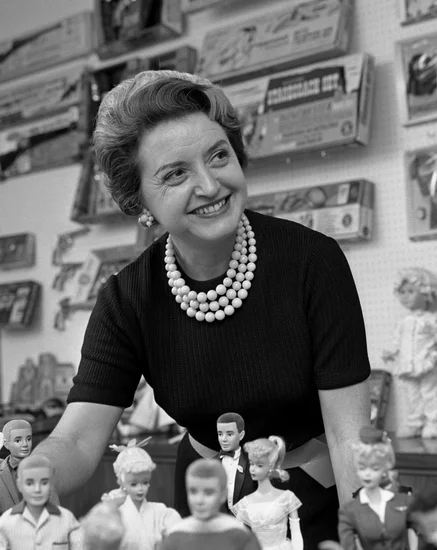
Ruth Handler was born in Denver, Colorado, eventually becoming the creator of the iconic Barbie doll. Her innovative vision revolutionized the toy industry and childhood play.
Handler co-founded Mattel and transformed it into a global toy empire. Her creation of Barbie challenged traditional gender roles and inspired generations of children.
1960 – Kathy Griffin Born

Kathy Griffin was born in Oak Park, Illinois, destined to become a controversial and groundbreaking comedian. Her fearless approach to celebrity culture earned both praise and criticism.
Griffin’s provocative comedy style pushed boundaries in entertainment and politics. Her willingness to challenge powerful figures made her a polarizing but influential performer.
1918 – Art Carney Born
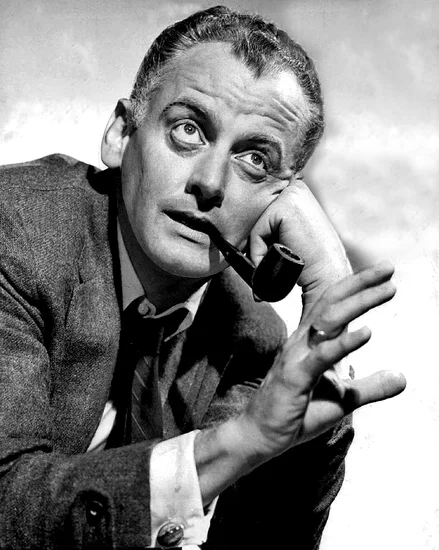
Art Carney was born in Mount Vernon, New York, beginning a career that would span television, film, and theater. His comedic timing and versatility made him a beloved entertainer.
Carney’s portrayal of Ed Norton on “The Honeymooners” became iconic in television history. His Academy Award-winning performance in “Harry and Tonto” showcased his dramatic range.
1969 – Sean Combs Born

Sean Combs was born in Harlem, New York, eventually becoming one of hip-hop’s most successful entrepreneurs. His business acumen transformed him from performer to media mogul.
Combs revolutionized hip-hop production and marketing through his Bad Boy Records label. His diverse business ventures extended far beyond music into fashion, spirits, and media.
1961 – Ralph Macchio Born

Ralph Macchio was born in Huntington, New York, destined to become the iconic “Karate Kid” of 1980s cinema. His youthful appearance and martial arts skills captivated audiences worldwide.
Macchio’s portrayal of Daniel LaRusso launched a successful franchise spanning decades. His recent return to the role in “Cobra Kai” introduced the character to new generations.
1919 – Martin Balsam Born
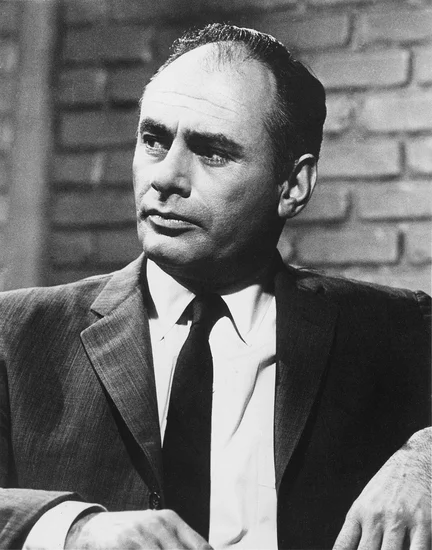
Martin Balsam was born in New York City, beginning a distinguished career in theater, film, and television. His versatile character work earned widespread critical recognition.
Balsam’s Academy Award-winning performance in “A Thousand Clowns” demonstrated his dramatic prowess. His appearances in classics like “12 Angry Men” showcased his exceptional range.
1933 – Charles K. Kao Born

Charles K. Kao was born in Shanghai, China, eventually becoming the “father of fiber optics” through his groundbreaking research. His innovations revolutionized global telecommunications.
Kao’s work on optical fiber transmission earned him the Nobel Prize in Physics. His discoveries made modern internet communications and digital connectivity possible worldwide.
1929 – Shakuntala Devi Born

Shakuntala Devi was born in Bangalore, India, destined to become known as the “human computer” for her extraordinary mathematical abilities. Her mental calculation skills amazed audiences worldwide.
Devi’s mathematical prowess earned her recognition in the Guinness Book of World Records. Her ability to perform complex calculations mentally made her an international celebrity.
Notable Deaths on November 4
1995 – Yitzhak Rabin Assassinated
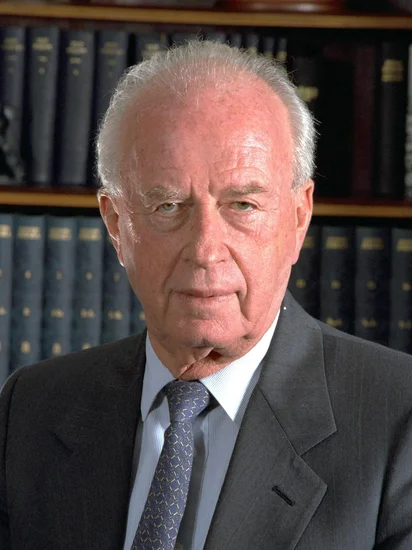
Israeli Prime Minister Yitzhak Rabin was assassinated by an extremist Israeli after a peace rally in Tel Aviv. The Nobel Peace Prize laureate’s death shocked the world and derailed peace negotiations.
Rabin’s assassination marked a tragic turning point in Israeli-Palestinian relations. His death demonstrated how extremism could undermine democratic processes and diplomatic progress.
1918 – Wilfred Owen Dies

British poet Wilfred Owen was killed in action just one week before the Armistice ended World War I. His powerful war poetry captured the brutal reality of trench warfare.
Owen’s death robbed literature of one of its most promising voices. His poems like “Dulce et Decorum Est” became defining works of war literature.
1924 – Gabriel Fauré Dies
French composer Gabriel Fauré passed away in Paris, leaving behind a legacy of exquisite chamber music and songs. His refined musical style influenced generations of composers.
Fauré’s Requiem remains one of the most beloved choral works in classical music. His harmonic innovations helped bridge Romantic and modern musical styles.
1955 – Cy Young Dies

Baseball legend Cy Young died in Ohio, ending the life of the pitcher who won more games than any other in major league history. His 511 career victories remain unmatched.
Young’s name became synonymous with pitching excellence through the annual Cy Young Award. His durability and skill set standards that modern pitchers still aspire to match.
2008 – Michael Crichton Dies
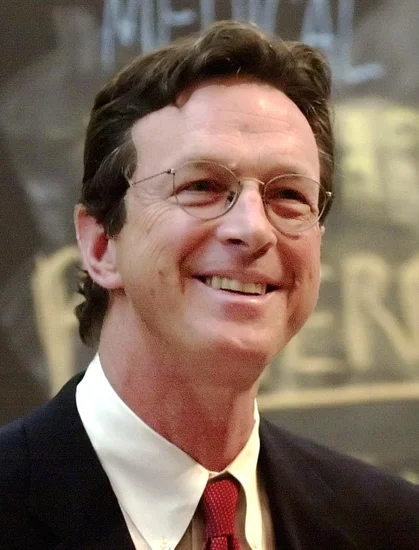
Bestselling author Michael Crichton died in Los Angeles, leaving behind a legacy of techno-thrillers that captivated millions. His scientific background informed compelling fictional narratives.
Crichton’s novels like “Jurassic Park” and “The Andromeda Strain” became cultural phenomena. His ability to make complex science accessible to general audiences was unparalleled.
2011 – Andy Rooney Dies
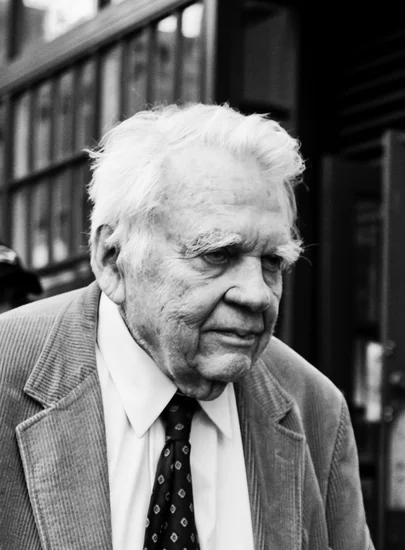
Television journalist Andy Rooney died in New York, ending his decades-long career as a curmudgeonly commentator on “60 Minutes.” His weekly essays entertained and provoked audiences.
Rooney’s observational humor and skeptical worldview made him a beloved television personality. His retirement from “60 Minutes” marked the end of an era in broadcast journalism.
1921 – Hara Takashi Assassinated
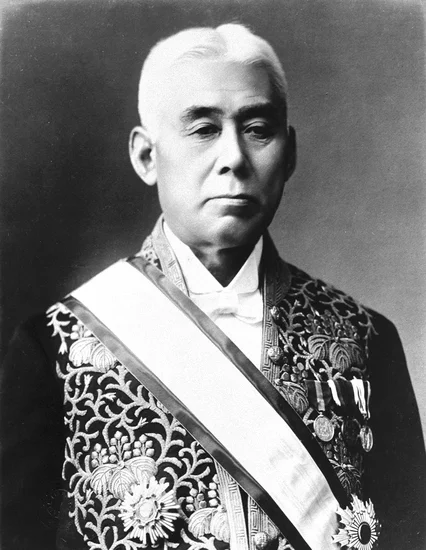
Japanese Prime Minister Hara Takashi was assassinated at Tokyo Station by a right-wing fanatic. His death marked a tragic end to Japan’s brief experiment with democratic governance.
Hara’s assassination foreshadowed the rise of militarism in Japan during the 1930s. His death eliminated a moderate voice in Japanese politics during a critical period.
1955 – Robert E. Sherwood Dies
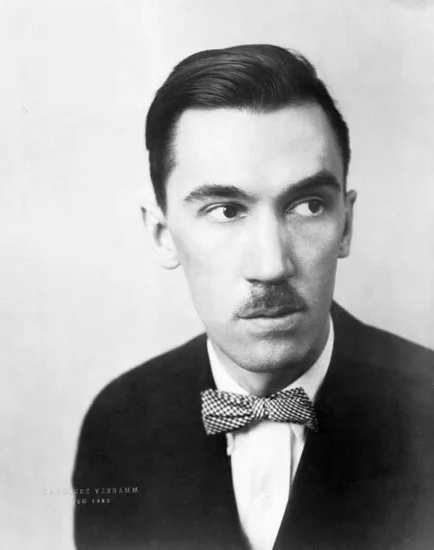
Playwright Robert E. Sherwood died in New York, leaving behind a distinguished career in theater and film. His works examined American values during times of crisis.
Sherwood’s plays like “Idiot’s Delight” and “There Shall Be No Night” won multiple Pulitzer Prizes. His work as a speechwriter for Franklin D. Roosevelt demonstrated his political engagement.
Holidays and Observances on November 4
National Unity and Armed Forces Day

Italy celebrates National Unity and Armed Forces Day, commemorating the end of World War I and honoring military service. The holiday reflects on national sacrifice and unity.
The observance includes ceremonies at war memorials and parades featuring military units. Italian citizens remember those who served in defense of freedom and democracy.
Unity Day
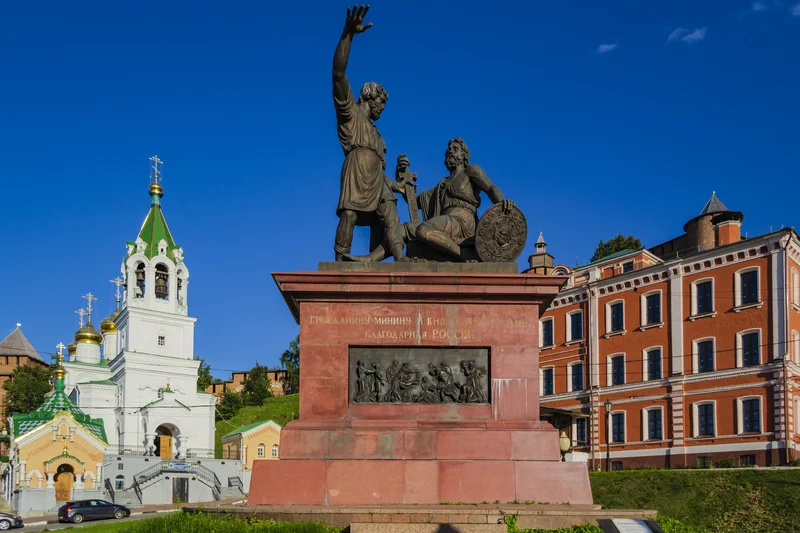
Russia observes Unity Day, celebrating national solidarity and the end of the Time of Troubles in 1612. The holiday emphasizes Russian cultural identity and historical continuity.
The celebration replaced the Soviet-era October Revolution holiday after the USSR’s collapse. Modern Unity Day focuses on Russian Orthodox traditions and national heritage.
Flag Day
Panama celebrates Flag Day, honoring the national symbol and the country’s independence from Colombia. The holiday features patriotic displays and educational programs about national history.
Panamanian schools and government buildings display the flag prominently throughout the day. The celebration reinforces national identity and civic pride among citizens.
Community Service Day
Dominica observes Community Service Day, encouraging citizens to participate in volunteer activities and community improvement projects. The holiday promotes civic engagement and social responsibility.
Local organizations coordinate cleanup efforts, educational programs, and infrastructure improvements. The day strengthens community bonds and addresses local needs through collective action.
